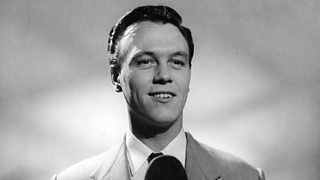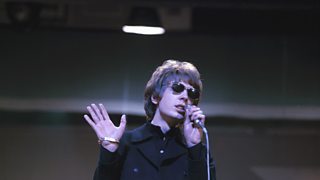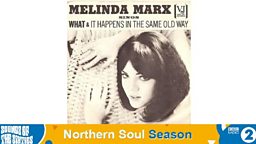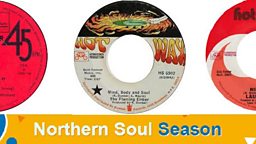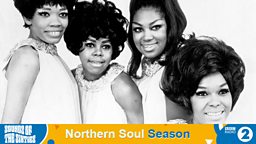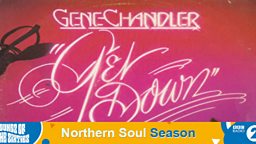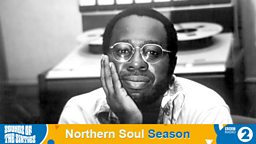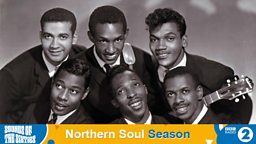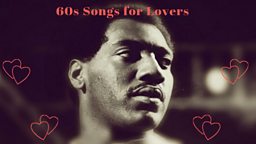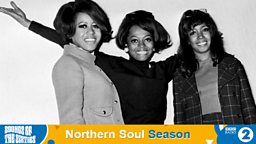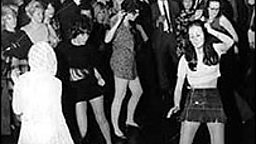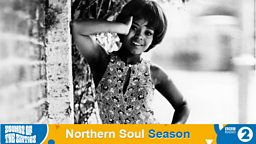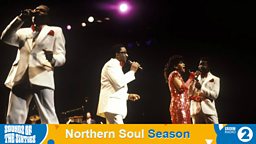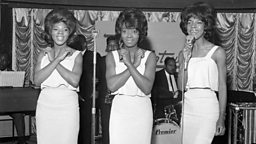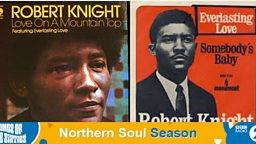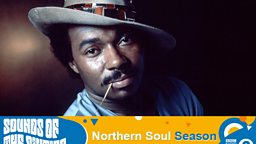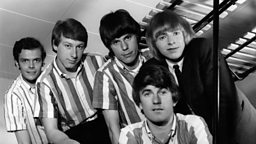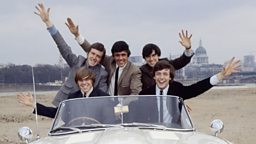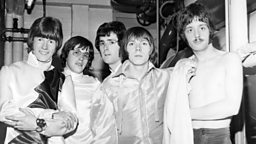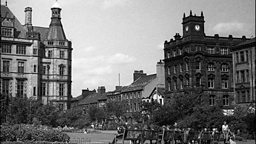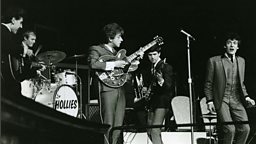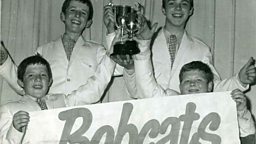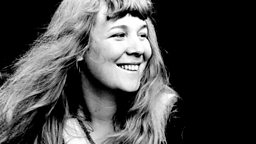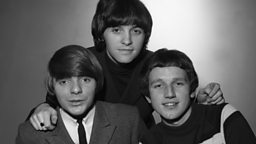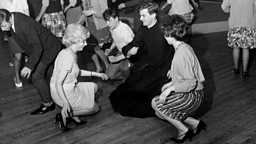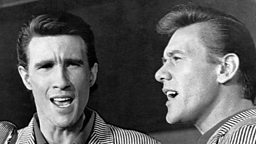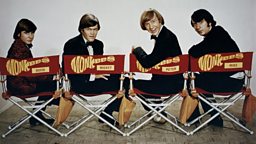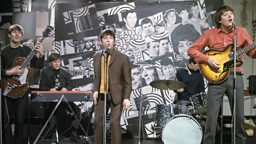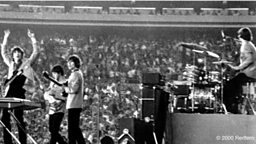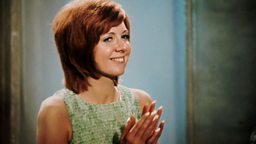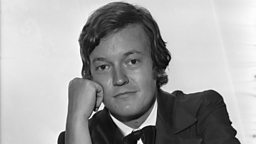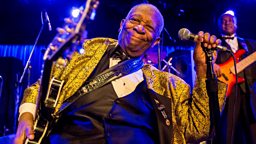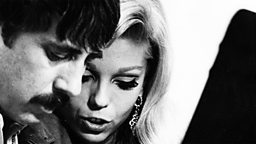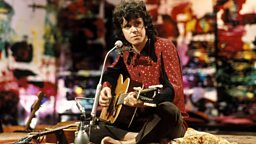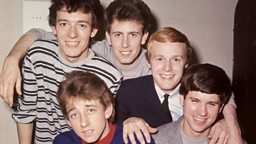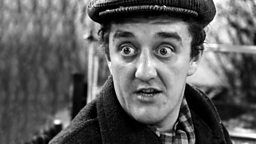Goffin & King
by Bob Stanley
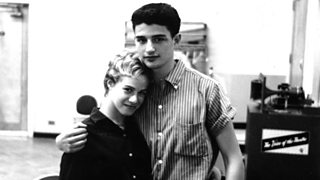
Early on in my record collecting days, I started to notice a writing credit that cropped up again and again: Goffin/King. There it was on a host of Bobby Vee and Drifters singles; there again on the ' emotional follow-up to You've Lost That Lovin' Feelin', Just Once In My Life; on both Goin' Back and Some Of Your Loving by ; even on the ' psychedelic classic Porpoise Song. Goffin/King was a stamp of quality, and I begin to buy anything with their names on the label.
In those pre-internet days, finding out information meant scouring second-hand shops, relying on the few books that covered sixties pop, or discovering the network of fanzines like Philately (a tribute) and That Will Never Happen Again (devoted to sixties girl groups). Of course, these days it's a lot easier to find out about the Brooklyn couple that wrote all these astonishing songs, and Google will provide a ready discography of even their more obscure efforts (my current favourite - the Stones-like I Happen To Love You by The Myddle Class).
had started out as a singer, with the rather awful Oh Neil, a tongue-in-cheek response to 's Oh Carol) in 1959, the lyric written by her (possibly jealous) husband Gerry Goffin. But once the songwriting newlyweds scored a US number one with the Shirelles' Will You Love Me Tomorrow in 1960, Carole's singing career was set aside - she wrote the melodies, Gerry wrote the lyrics, and dozens of hits followed. The next time she cut a single of her own was in 1962 and, while it was a modest #22 hit in the States, It Might As Well Rain Until September went all the way to #3 in Britain. Even more than their homeland, we loved Goffin and King - in 1962 alone they had massive UK hits with Up On The Roof (Kenny Lynch, Julie Grant) and When My Little Girl Is Smiling (Jimmy Justice, Craig Douglas), while the Crickets' Don't Ever Change was a Top 5 hit in Britain that failed to even reach Billboard's Hot Hundred.
Carole King followed It Might As Well Rain Until September with the cute but unremarkable School Bells Are Ringing and the folky He's A Bad Boy (whose melody was later appropriated by Neil Young for his 1979 song Pocahontas), neither of which were even considered good enough for release by her London label in the UK. This felt like self-sabotage - weak singles that provided a way for Carole to stay in the background. Her only other single of the sixties would be 1965's brutal Road To Nowhere, with clangorous, near-atonal keyboards and Gerry's sour lyric documenting their break-up.
By 1968 the partnership, personal and musical, had come to an end. Carole King finally lost her fear of the spotlight with the multi-million selling Tapestry in 1971, while Gerry Goffin eventually teamed up with Michael Masser to write a string of hugely successful ballads that dwarfed even his hits of the sixties: Theme from Mahogany (), Saving All My Love For You (), Nothing's Gonna Change My Love For You (Glenn Medeiros), Miss You Like Crazy (Natalie Cole) and Tonight I Celebrate My Love (Roberta Flack & Peabo Bryson). They may have sold more copies, but I don't think any of them hold a candle to the simple, urban beauty of Up On The Roof.
-
![]()
Brian Matthew shares his fond memories of helping Matt Monro with his pre-stage jitters
-
![]()
Find out more about the music we play
